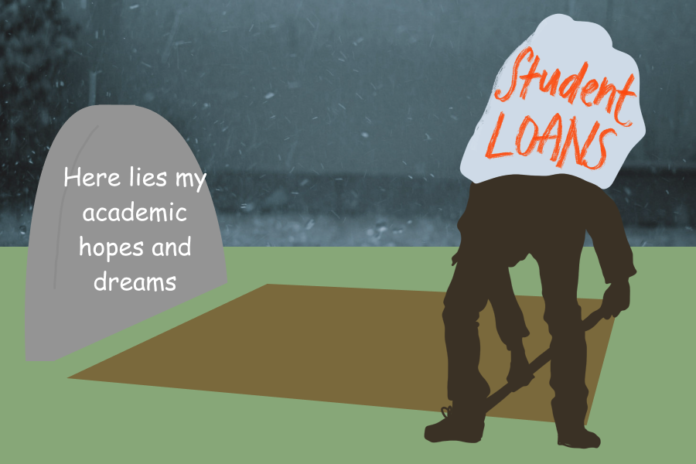Human rights minors, I’m watching you very carefully
BY ANNABEL MARSHALL — almarshall@ucdavis.edu
- Animal Science: Animal gravedigging.
- Applied Physics: First of all, what is applied physics? I apply physics every time I push someone on an electric skateboard into the street — no one has offered me a bachelor’s yet.
- Art Studio: Forgery.
- Art History: Historical forgery.
- Atmospheric Science: Broadcast meteorologist who becomes drunk on fame and attacks an intern with a cloud-shaped prop live on television.
- Biomedical Engineering: Scary robot crimes.
- Chemistry: Illegal fireworks operations.
- Cinema and Digital Media: Creative espionage.
- Civil Engineering: Failure to apply erosion control on active construction sites.
- Computer Science and Engineering: Who am I kidding? Congrats on financial security, bro.
- Genetics and Genomics: “Jurassic Park” stuff. Jeff Goldblum was right.
- Entomology: I don’t know, but I’m scared.
- Environmental Horticulture and Urban Forestry: Illegally growing weed in your apartment.
- Food Science: Cooking the books, fudging the numbers, etc.
- French: Publicly annoying me via excessive use of vowels. G’et ooute ouf mye fàcé.
- International Relations: World War III.
- Managerial Economics: Embezzlement.
- Marine and Coastal Science: Training dolphins to commit “Ocean’s Eleven”-style heists.
- Pharmaceutical Chemistry: Drugs, duh.
- Philosophy: Premeditated murder.
- Political Science: Public corruption, but in a fun way.
- Religious Studies: Starting a cult, which isn’t technically a crime, so good for you.
- Psychology: Also starting a cult, but this one involves crime.
- Theatre and Dance: Treason.
- Undeclared: Credit card fraud, general.
- Viticulture and Enology: Rebottling wine from Trader Joe’s and selling it for $900 a pop. Honestly, you did nothing wrong.
- Wildlife, Fish and Conservation Biology: Oyster piracy.
Written by: Annabel Marshall — almarshall@ucdavis.edu
Disclaimer: (This article is humor and/or satire, and its content is purely fictional. The story and the names of “sources” are fictionalized.)





